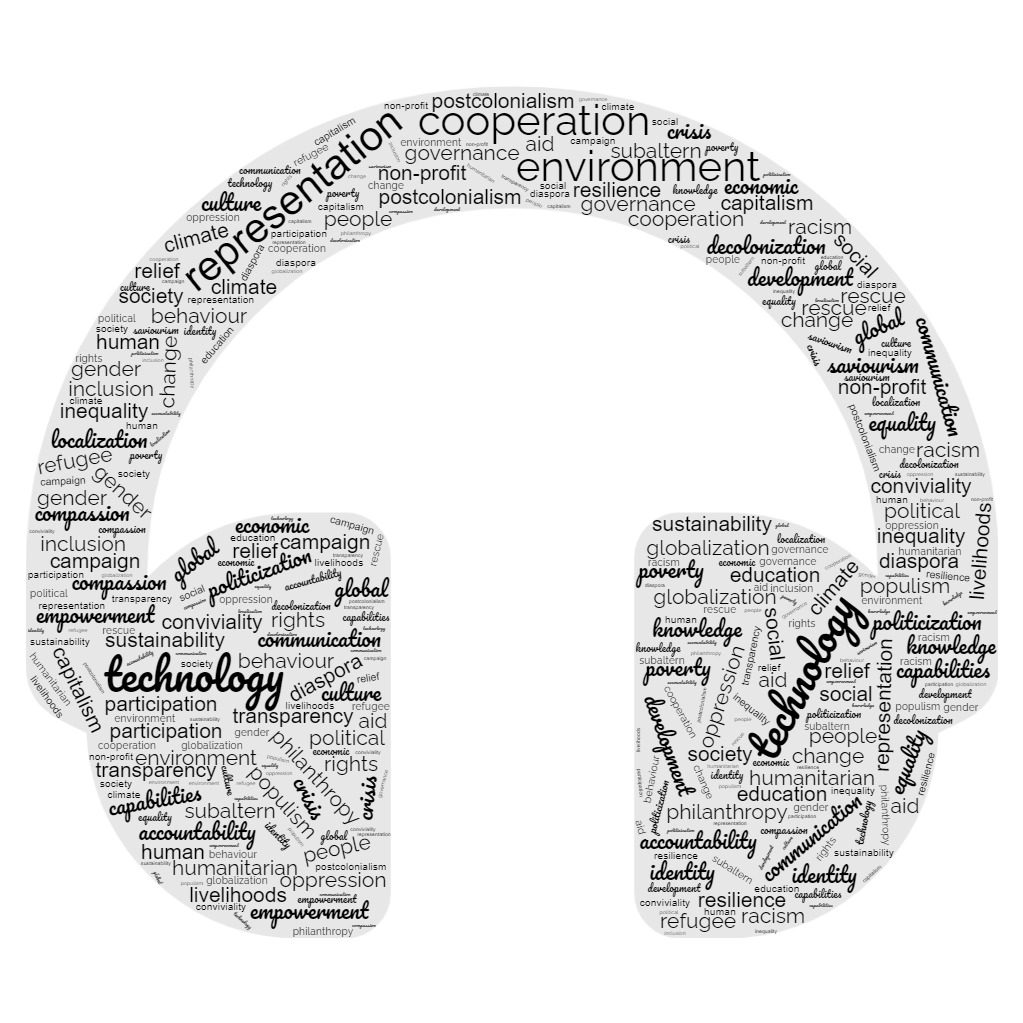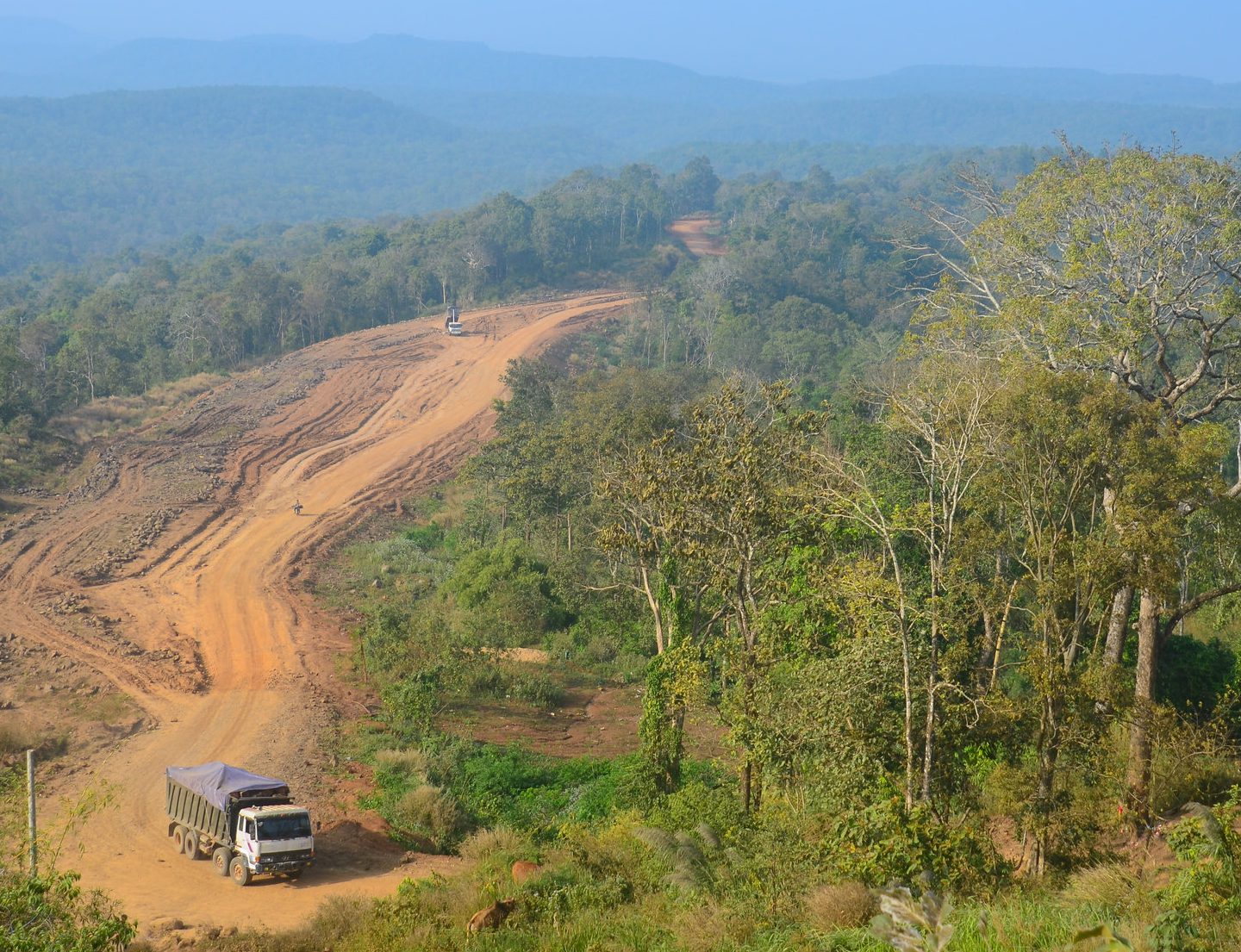My last post dealt with the tightened digital space in Myanmar. Myanmar may be a severe example of physical and online repression, but it is by far not the only one. The Myanmar regime has obtained knowledge and technology from China, the country with the greatest extent of online repression in the world and a large exporter of surveillance technology to many authoritarian regimes.
Another South-East Asian state ruled by an autocratic regime with tight links to China is Cambodia. Mother Nature Cambodia is an organization of young environmental activists that has, time and again, proven to be a real pain for the Cambodian long-term ruler Hung Sen and, since recently, his succeeding son, Hun Manet. On 28 September 2023, Mother Nature Cambodia was announced as one of the laureates of this year’s Right Livelihood Award.
For their fearless and engaging activism to preserve Cambodia’s natural environment in the context of a highly restricted democratic space.
Right Livelihood
What does Mother Nature Cambodia do?
Since 2013, Mother Nature Cambodia has systematically and relentlessly exposed environmental damages caused by economic projects and the sellout of natural resources, often linked to the highest level of the Cambodian government. Through viral campaigns on Facebook, the organization galvanized and educated a broad base of young supporters. Mother Nature Cambodia’s investigative activism made the organization a target of intimidation, surveillance and persecution by the Cambodian regime.
Why is this award important?
A prestigious award like the Right Livelihood Award can, at least for a day, shine a global light on unknown local activists who fight an uphill battle. Several members of Mother Nature Cambodia were imprisoned for exposing environmental destruction caused by a corrupt government and educating their citizens on good environmental practices. This matters globally. From Brazil to Romania, environmental activists are subject to increasing repression and violence, while the planet is on fire.
Being awarded gives the activists of Mother Nature Cambodia the recognition and the Cambodian regime the embarrassment that they deserve. At the same time, global attention to local activists increases their profile, which can pose additional risks for them. The Cambodian authorities have barred three activists of Mother Nature Cambodia from leaving the country to attend the award ceremony.
What is interesting about Mother Nature Cambodia with regard to new media?
The organization has been using video as their primary communication tool. Not fancy Instagram reels or quirky TikToks but traditional, slow-paced, raw and imperfect videos. But the passion comes through, and even when reading subtitles, it is clear that the activists at Mother Nature Cambodia know how to get their messages across to their citizens.
The videos of Mother Nature Cambodia also demonstrate that Facebook still rules online communication in many parts of the world. The plays of Mother Nature Cambodia’s videos on YouTube are marginal, but their numbers of plays and reshares on Facebook are tremendous.
With 1,4 million views on Facebook, this is Mother Nature Cambodia’s best-performing video
On 17 October 2023, after 3 years, the same video has only 518 views on YouTube
What does this mean?
Better performance of videos on Facebook than on YouTube doesn’t matter much for organizations, but it does matter for freelancers and journalists. Vloggers in Myanmar in better times told me about their struggles to generate income from their work because, unlike YouTube, there is much less monetization to be made on Facebook.
But again, for organizations like Mother Nature Cambodia, it is only important how best to reach a broad audience. The organization has nearly half a million followers on Facebook.
In Cambodia and many other countries of the Global South, Facebook, with all its faults and crimes, is the internet. Facebook is the primary platform for online shopping, VOIP calls, entertainment, campaigning and public information. For many reasons, this is a problem. However, let’s not forget that the popular alternative to Facebook in the Global North is just the shinier side of the same coin.
Featured Image Credits: Global Water Forum / Flickr
Don’t want to read? Listen to this post here:

